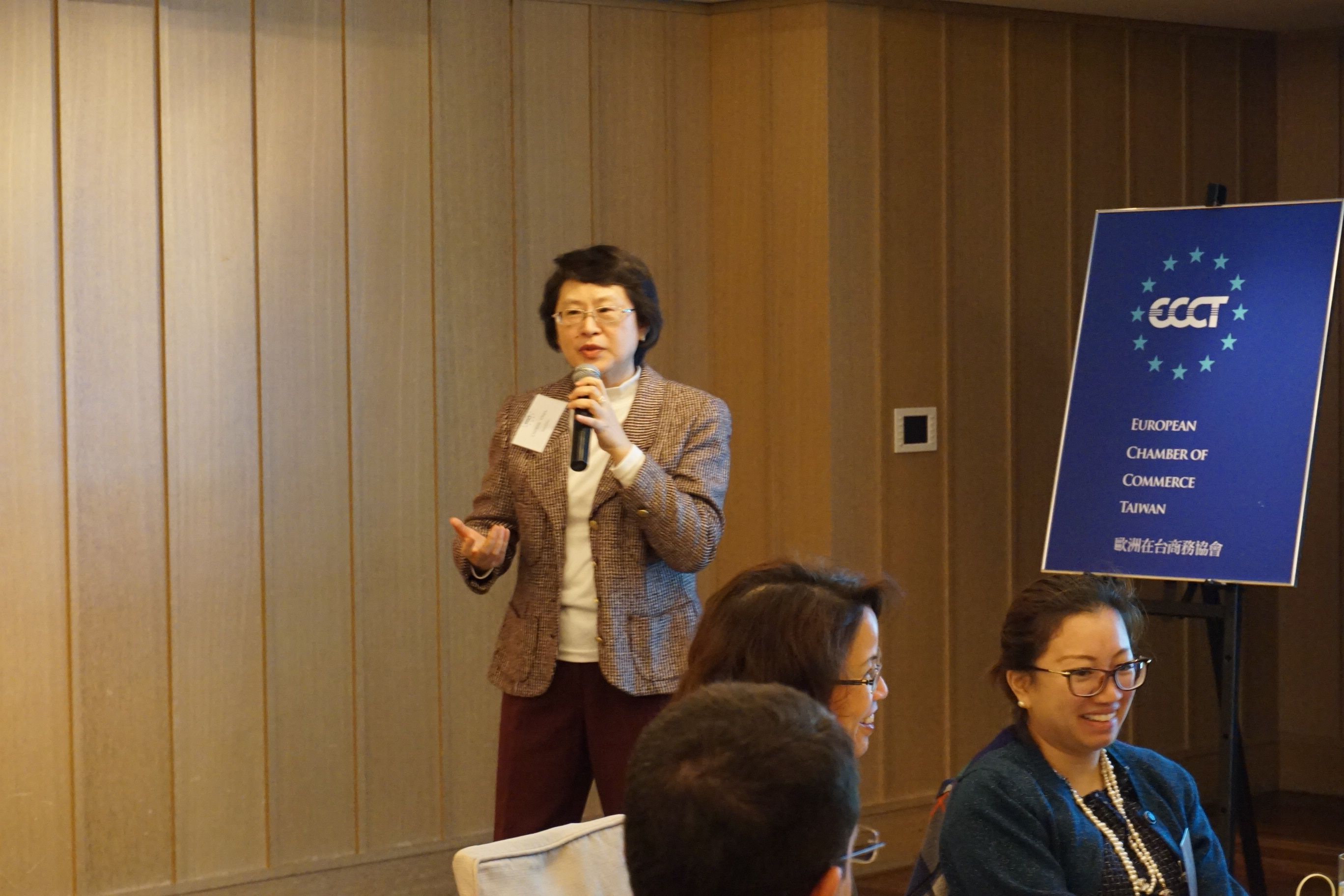Tax committee lunch on transfer pricing audits

Taiwan introduced Transfer pricing (TP) regulations in 2005 and the tax authorities have been conducting TP audits for almost eight years. In tandem with the substantial tax revenue generated from audits and rapidly-accumulated experience, the number of cases selected for audits and the intensity of reviews continues to increase. It is therefore in every company's interest, regardless of industry, size or profitability to prepare for the possibility of an audit.While the process and timeline of each TP audit case is different, they tend to follow five stages. In the final fifth stage, the tax authority will submit an assessment report to the Ministry of Finance (MoF). The MoF has to approve each report and recommended action. The whole process could take up to or even longer than two years.
Chen offered some advice to firms facing an audit:
It is important to submit the relevant documents in the correct format. Simply submitting entire group annual reports with information not relevant to the local operation could attract unwanted questions and result in unwarranted follow-up work.
Companies should make sure that all colleagues (both locally and in related offices abroad) are informed of the process and details provided to authorities are consistent.
The process can be very cumbersome and time-consuming. It is likely that extra resources (staff) will be needed to deal with the additional administrative workload.
While local operations may only be a small part of large global supply chains, it is important for local branches of firms to have a good understanding of and be able to explain the overall supply and value chain and the local operation's part in it to tax officials conducting the audit.
Remain flexible and open-minded: Tax authorities may get creative in their interpretation of regulations and firms should be prepared to adapt accordingly.
